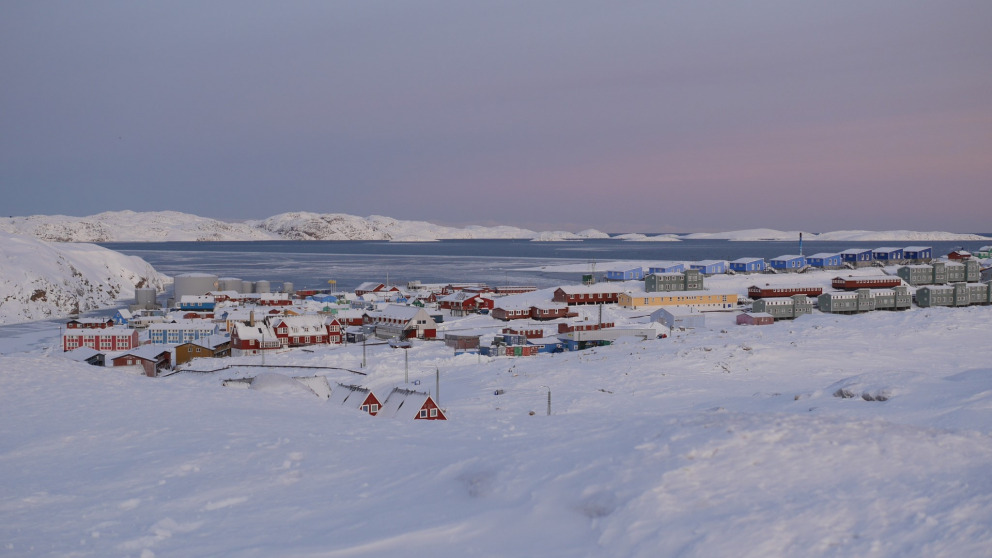Recommendations on Polar Research Submitted to the Federal Ministry of Education and Research
02.06.2021
Over 100 experts on the Arctic Region, including researchers from the Institute of Advanced Sustainability Studies (IASS) in Potsdam, have prepared a concept paper on “Polar Regions in Transition” for the Federal Ministry of Education and Research. The paper, which presents recommendations on key areas of focus for polar research in the coming years, was presented to the public at an online launch on 19 May 2021.

Global warming is rapidly changing the polar regions and the effects of this transformation are being felt worldwide. In response to this, Germany will boost its investment in polar research over the next five years by more than 20 million euros. “We must do more for the polar regions to protect our planet!” stated Federal Minister for Education and Research Anja Karliczek.
MARE:N Concept Paper: “Polar Regions in Transition”
The concept paper was prepared as part of the research programme MARE:N – Coastal, Marine and Polar Research for Sustainability, funded by the Federal Ministry of Education and Research (BMBF). In fifteen chapters, the paper presents recommendations on key areas of focus for polar research. These address specific research topics and cross-cutting issues and review the current research environment, including early career development and knowledge transfer. IASS researchers contributed to this agenda and led the work on the chapter “Science for Sustainable Development in the Arctic”.
Science for Sustainable Development in the Arctic
“This chapter highlights that global interest in the Arctic and increasing international linkages create socio-cultural, economic, and political risks and opportunities, which need to be better understood. The rapid processes of change unfolding in the Arctic underscore the relevance of transdisciplinary research approaches that enable researchers to contribute to sustainable solutions and new insights by working in close collaboration with Indigenous and local communities” says IASS project manager Nina Döring.
The researchers also emphasise the need to take into account the socio-cultural, political and historical diversity within the Arctic and for research that addresses the different dimensions of sustainable development, including environmental protection, social and cultural justice and the economy, but also governance and the connections between developments within and beyond the Arctic. Transdisciplinarity itself and research ethics should be made the subject of future study to ensure that research results are culturally appropriate and relevant for society.
Further information:
• MARE:N Concept Paper (currently available in German only)
• BMBF press release (currently available in German only)
Contact

